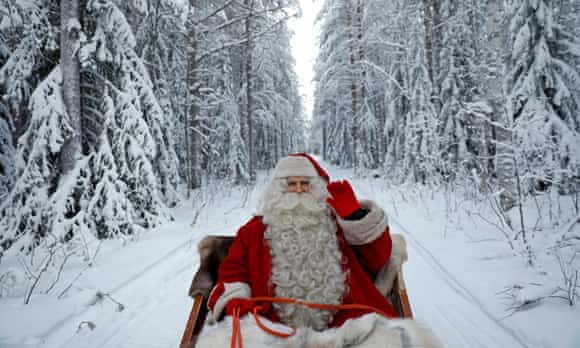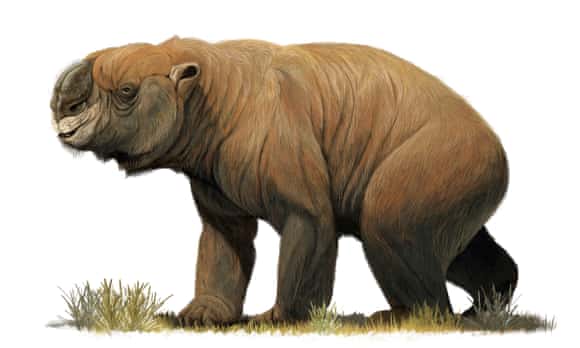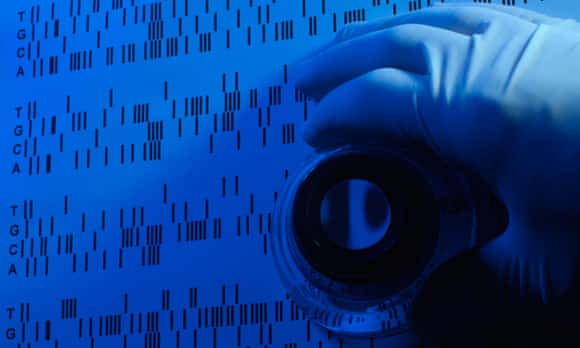 | Lab notes: we give you the Christmas gift of science – happy holidays all! |  |  We're taking a break until the 5 January – see you in 2018! Photograph: Pawel Kopczynski/Reuters
| Tash Reith-Banks
| This week's biggest stories It's a significant step: gene editing has been used to prevent a form of genetic hearing loss in mice, raising the prospect of a new class of therapies that could transform future treatment. That's small comfort for dolphins though, as apparently there's a species of Mexican fish that has orgies so loud they can deafen other sea animals. Inconsiderate, no? Luckily they're nowhere near any of the instruments we have scanning the skies for signs of alien life, as they might drown out any bleeps, blips or bloops, but why do we keep looking for life on other planets anyway? And will we ever answer the question "are we alone"? One thing is certain, however: we find space objects fascinating – even when they're covered in a "thick crust of carbon-rich gunk", as interstellar visitor 'Oumuamua was revealed to be this week. Maybe we just need to wait for other life forms to evolve a bit more before they make contact – after all, it's not as though humans are standing still on that score. A new study suggests that evolution is still acting on contemporary humans, although over many generations and very weakly. Let's hope alien evolution happens a bit faster than ours, eh? And finally, a seasonal plea: keep those selection trays and chocolate tree decorations well out of reach of your furry friends. A study has shown that cases of chocolate poisoning in dogs peaks at Christmas time, and although it's seldom fatal, even modest amounts of chocolate can cause vomiting, agitation and seizures. More news from Guardian Science | Sign up to Lab notes ___ Christmas crackers |  |  They might not be having as much fun as it seems. And as for the presents ... Photograph: Robert Daly/Getty Images/Caiaimage
| Three lovely bits of seasonal science for you. First up is Dean Burnett on why the festive season can be anything but merry – the psychological and neurological reasons for seasonal stress are more varied than you might think. Secondly, Mary-Ann Ochota on the why we really give gifts (pro tip: not out of altruism). And finally, Kathryn Harkup reveals that we need to have a serious chat about Rudolph. It seems we might have been getting him wrong all this time. For starters, Rudolph might actually be a girl. And as for the flying – let's just say there might be some chemicals involved. ___ Straight from the lab – top picks from our experts on the blog network |  |  The largest known marsupial, Diprotodon optatum, from the Pleistocene of Australia. Photograph: Alamy
| Make way for megamarsupials: the migration of Australia's extinct megafauna | Lost Worlds Revisited If there is one animal that can be considered as the icon of Australia's marvellous extinct megafauna, it must be Diprotodon. With a shoulder height of 1.7 meters, and weighing close to a whopping three tons, this behemoth was the largest marsupial ever to have lived. As such, these massive herbivores were likely to have been important players in the Australian ecosystem. The first species of fossil mammal described from Australia (by Richard Owen, he of the dinosaurs, in 1838), Diprotodon fossils have been found throughout the continent. The tense truce between detectorists and archaeologists | The Past and the Curious There's been reason for cheer in metal detecting circles, with the news this month that 2016 saw a record number of finds reported to the Portable Antiquities Scheme. This announcement has spawned numerous congratulatory reports – including in the Guardian – detailing the wonderful things found, the back-stories of the lucky finders, and the sometimes extraordinary sums of money their finds have fetched. The rise in finds is attributed to improved detector technology and an increase in the number of people taking up the hobby, encouraged by recent spectacular finds and the popularity of the BBC's Detectorists series. Within the archaeological community the response has not been quite so cheerful. Glow in the dark sharks: new species discovered in Hawaii | Notes & Theories The lanternsharks are one of two deep sea shark families to possess the ability to bioluminesce – in other words, they are able to glow in the dark. The other shark family with the ability to do this are the kitefin sharks (Dalatiidae). This family houses the infamous cookie cutter shark, which was known for its impressive ability to disable US Navy submarines in the 70s and 80s, by testing how the electrical cables and rubber sonar domes rated on a culinary scale (Johnson 1978). Imagine being the officer who had to report back about how the submarines were defeated by a particularly voracious ... 22 inch (56cm) shark! Visit the Science blog network _____ Alex Bellos's Monday puzzle |  |  A tasty geometry doughnut. Photograph: Ed Southall/Tarquin
| A tasty Christmas feast of picture puzzles – and here are the solutions if they proved indigestible! Visit Alex Bellos's Adventures in Numberland blog for more marvellous maths ___
Science Weekly podcast |  |  Biohacking your own genome: does this kind of self-experimentation drive science forward or expose the public to unacceptable risks? Photograph: Alamy Stock Photo
| With do-it-yourself Crispr kits now available online, in this week's podcast Hannah Devlin asks if it's really possible to edit your own DNA, is it safe and how should it be regulated? ___ Lab notes will be taking a break over the festive period. Until it returns on Friday 5 January, some of our scientists have put together a list of their favourite books of 2017 – that should keep you out of trouble! Happy holidays to you all. | | Guardian News & Media Limited - a member of Guardian Media Group PLC. Registered Office: Kings Place, 90 York Way, London, N1 9GU. Registered in England No. 908396 |
| | | |
No comments:
Post a Comment